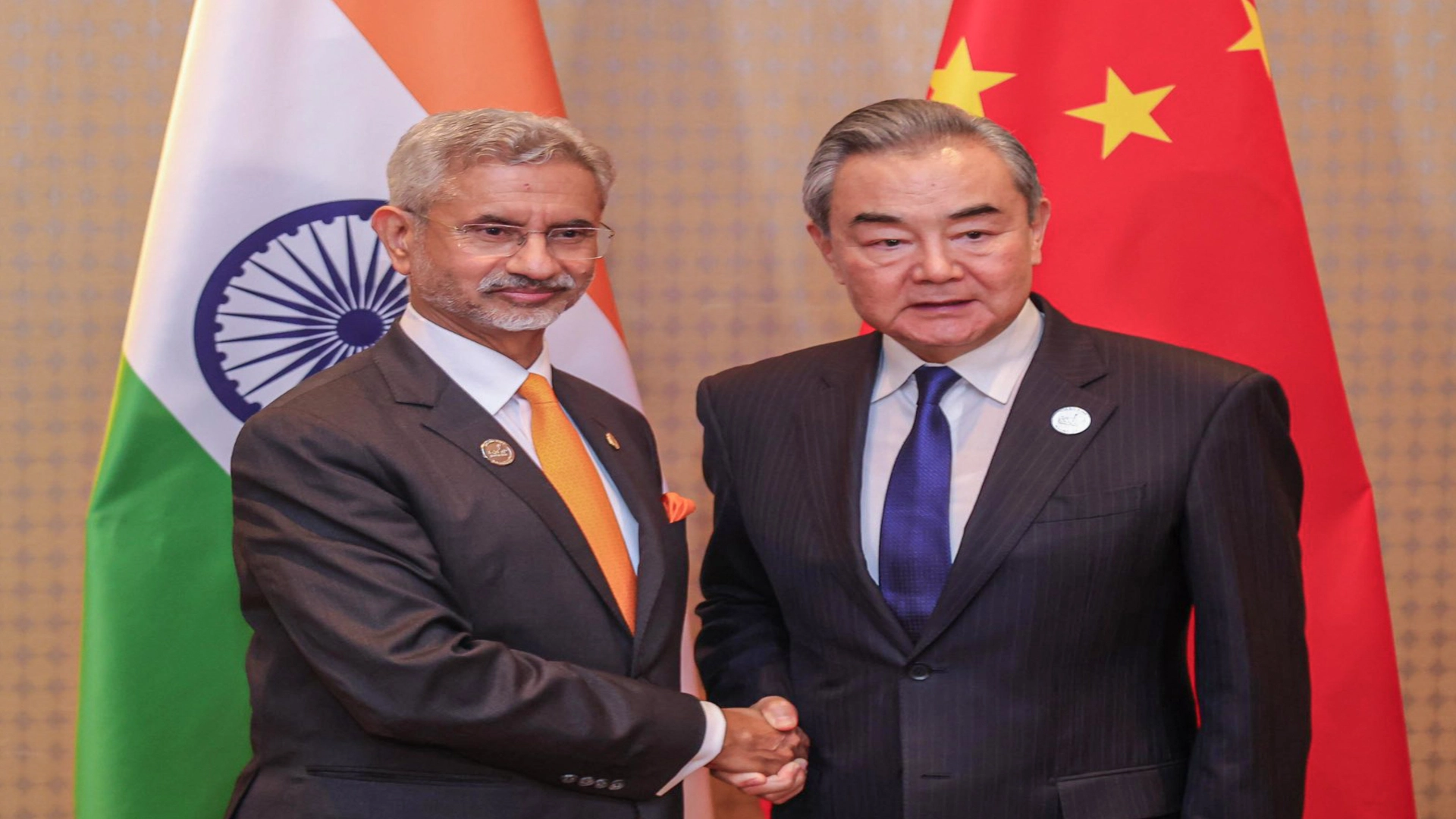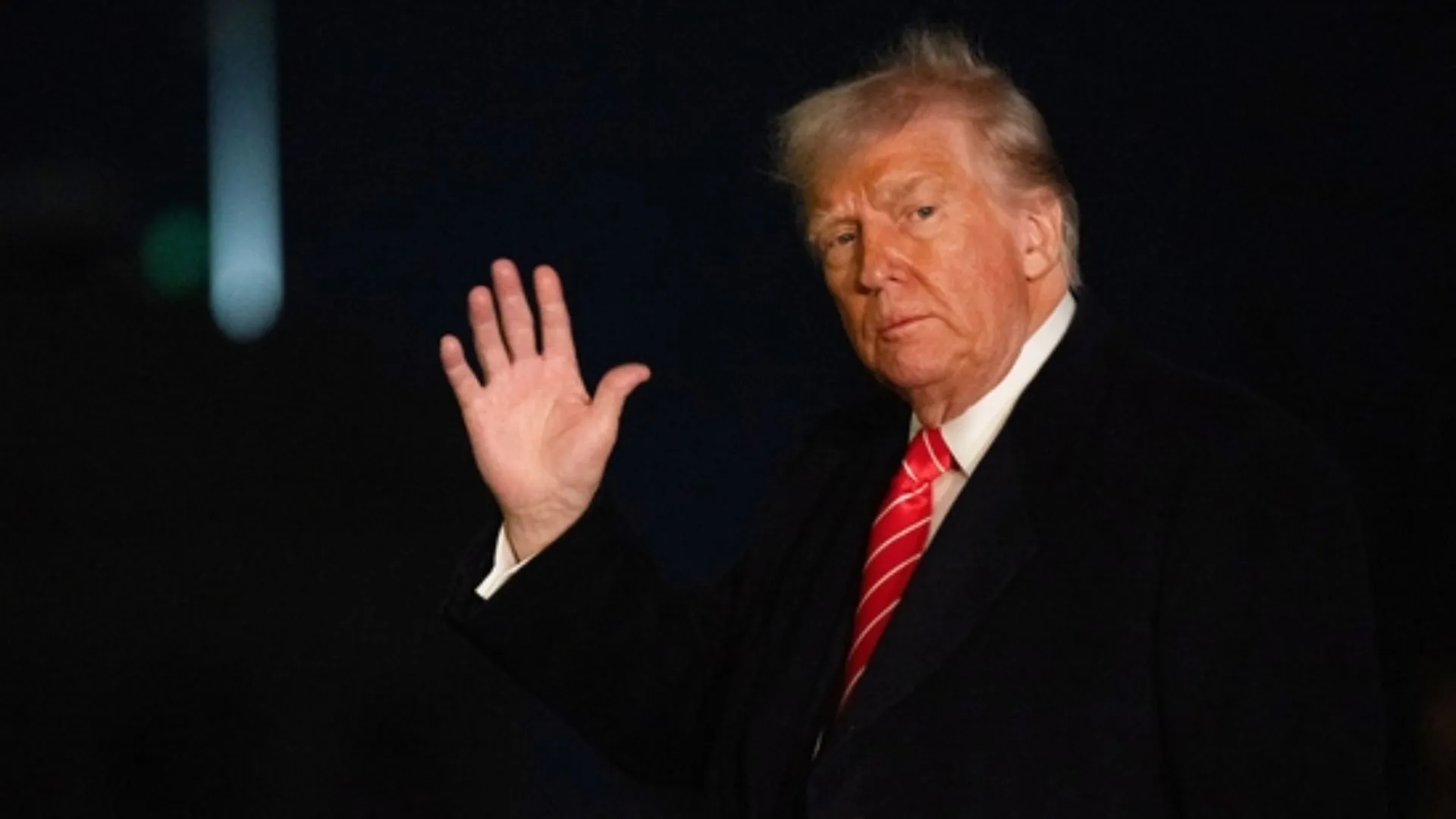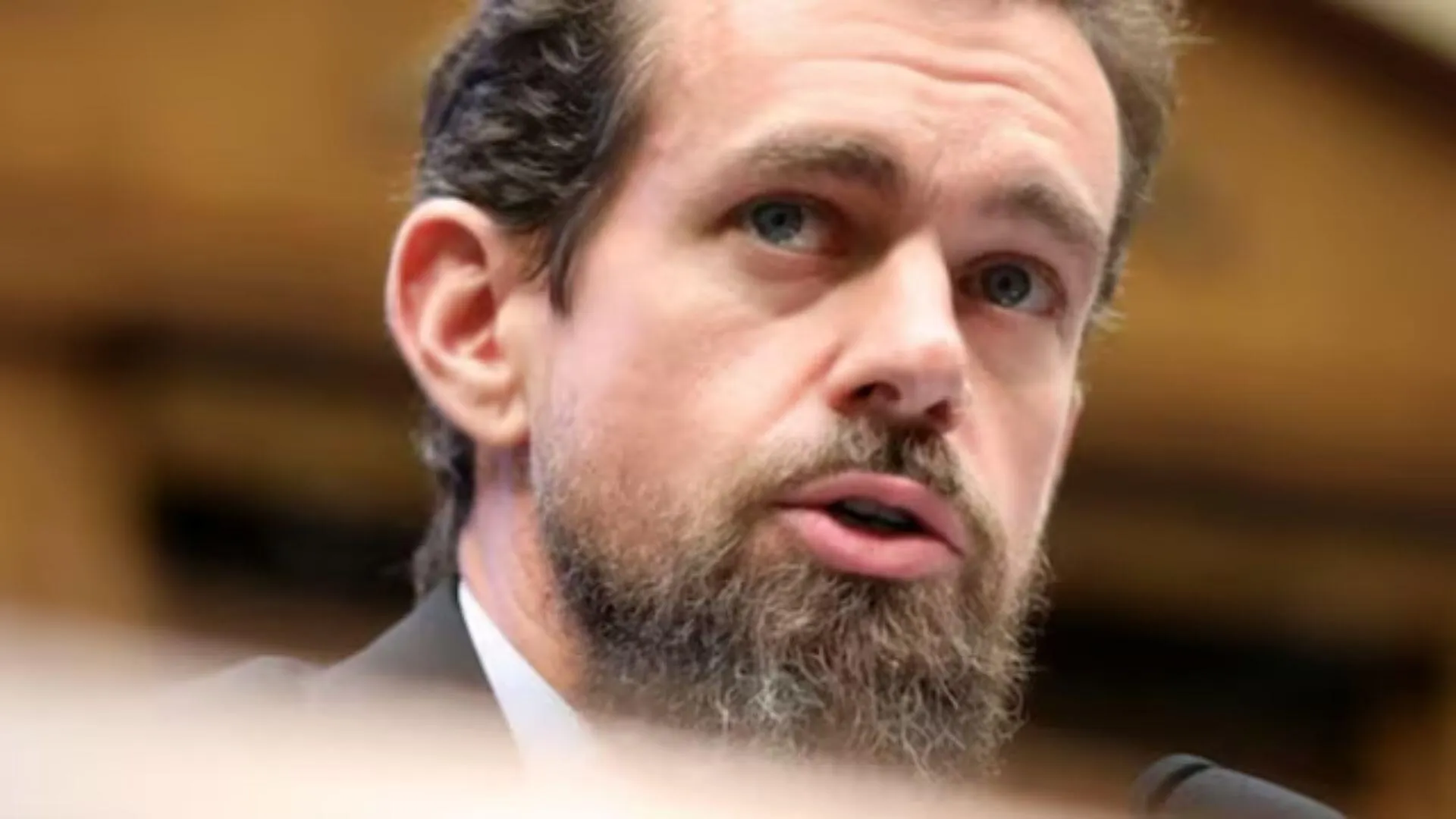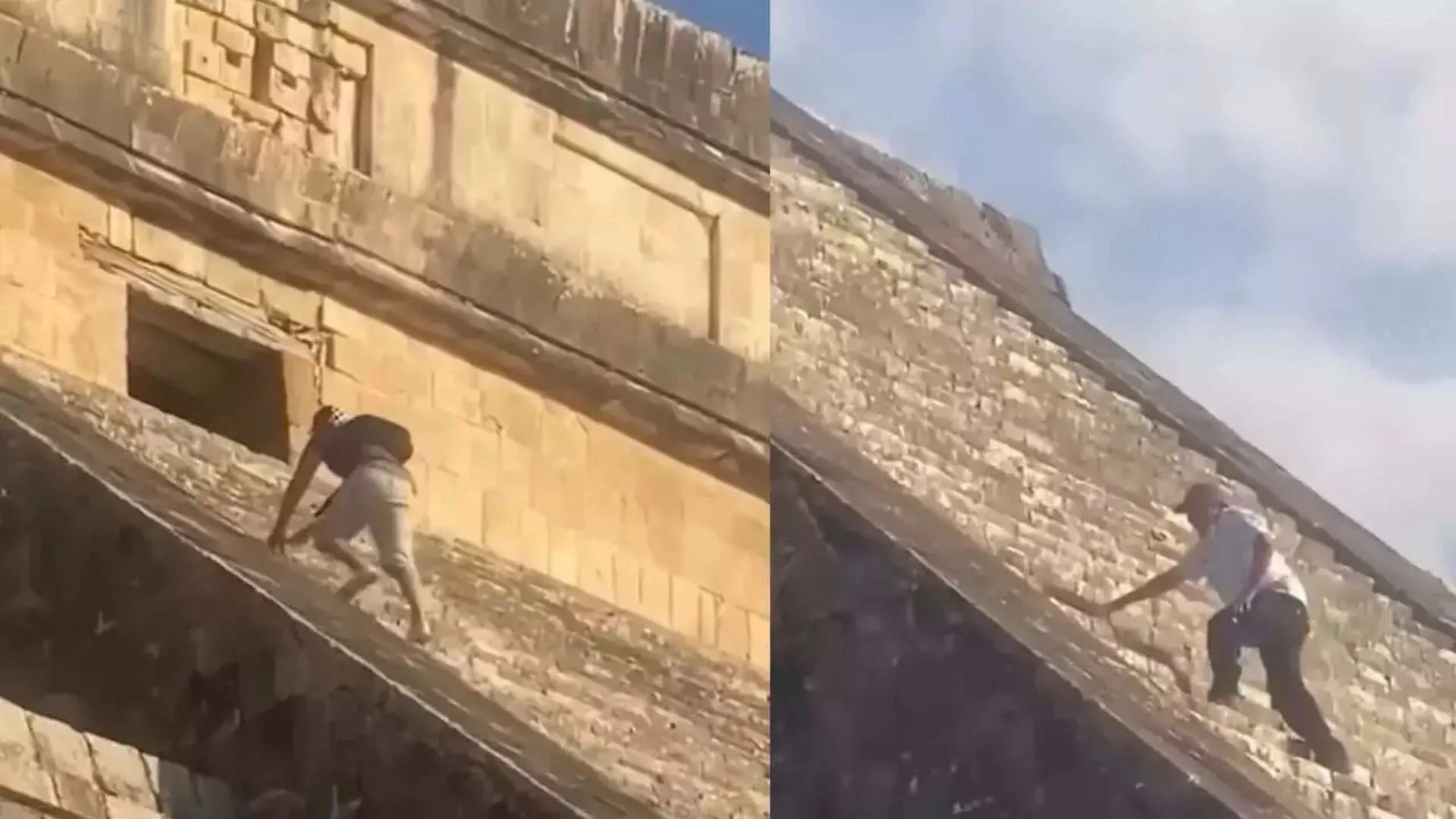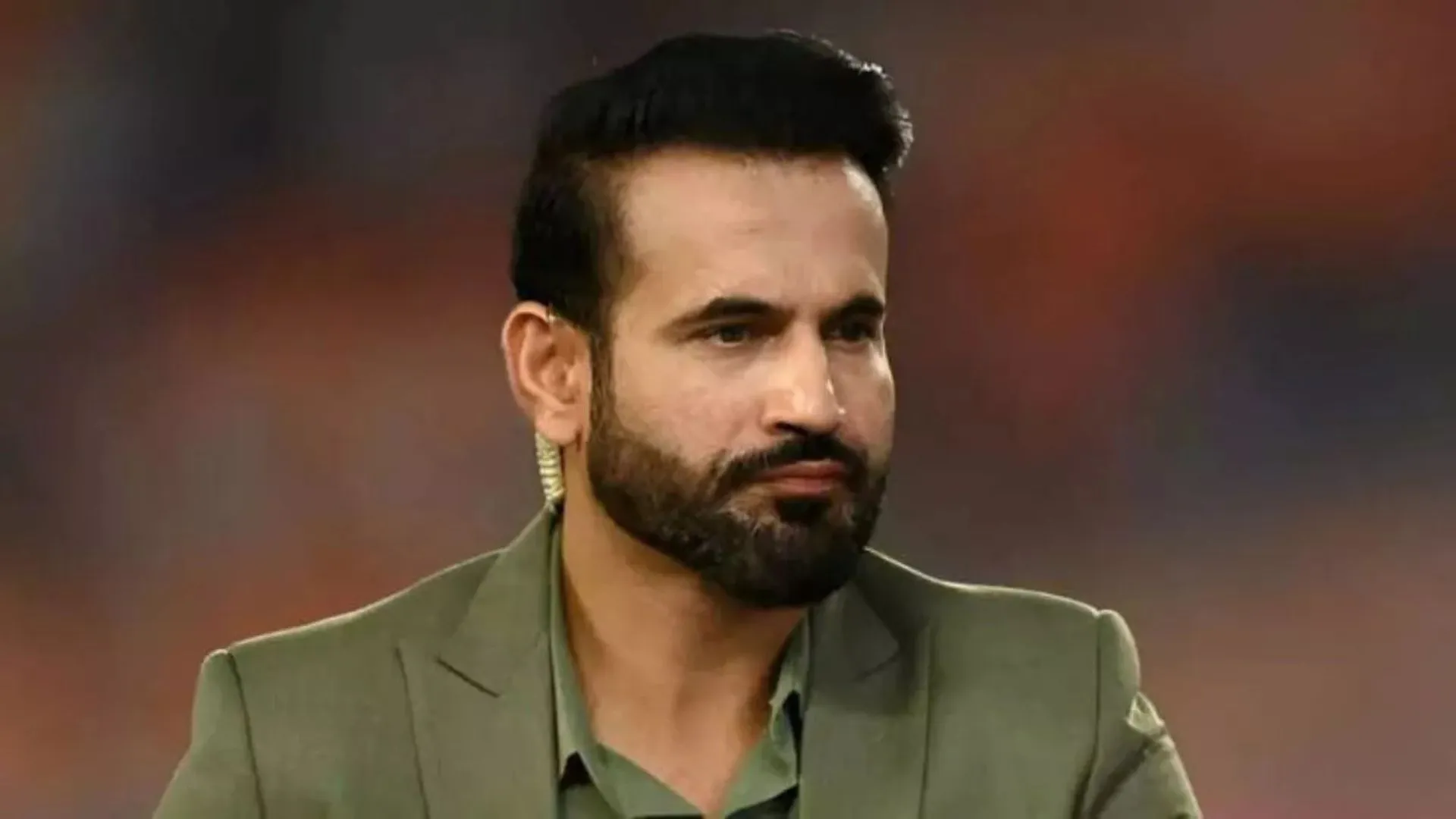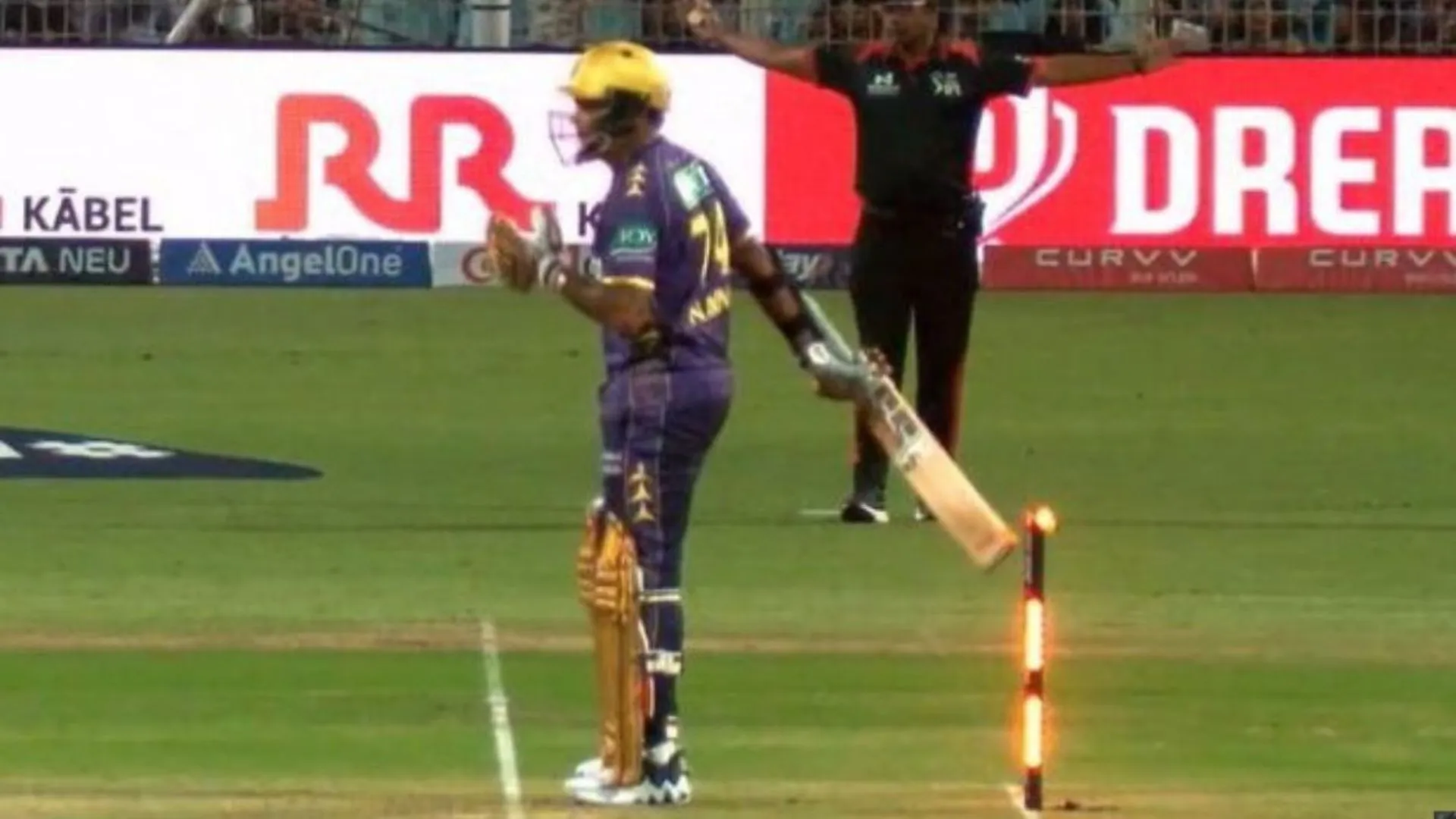External Affairs Minister (EAM) Dr. S. Jaishankar and Chinese Foreign Minister Wang Yi met on the sidelines of the G20 Summit in Rio de Janeiro, Brazil, to discuss India-China relations. They acknowledged progress in disengagement from border areas, which has contributed to maintaining peace and tranquillity.
“External Affairs Minister (EAM) Dr. S. Jaishankar met Member of the Communist Party of China (CPC) Political Bureau and Foreign Minister, H.E. Mr. Wang Yi on 18 November 2024 in Rio de Janeiro on the sidelines of the G20 Summit,” the Ministry of External Affairs (MEA) stated.
During the meeting, the ministers recognised that disengagement in the border areas had positively impacted peace and tranquillity. Discussions focused on next steps in India-China relations, with agreements to hold meetings of Special Representatives and the Foreign Secretary-Vice Minister mechanism soon, according to the MEA.
Key topics discussed included resuming the Kailash Mansarovar Yatra pilgrimage, data sharing on trans-border rivers, establishing direct flights between India and China, and enhancing media exchanges.
On global and international issues, Jaishankar noted that while India and China have differences, there are areas of convergence where they have worked constructively, particularly within the BRICS and SCO frameworks. Cooperation in the G20 was also highlighted.
“EAM said that we are strongly committed to a multipolar world, including a multipolar Asia. Where India is concerned, its foreign policy has been principled and consistent, marked by independent thought and action. We are against unilateral approaches to establish dominance. India does not view its relationships through the prism of other nations,” the MEA statement added.
Foreign Minister Wang Yi agreed, emphasizing the significance of India-China relations in world politics. He referenced the agreement reached between the two leaders during the BRICS Summit in Kazan, Russia. The ministers underscored the importance of stabilising ties, managing differences, and advancing relations.
The meeting follows a discussion between Prime Minister Narendra Modi and Chinese President Xi Jinping at the BRICS Summit in Kazan, where PM Modi highlighted the importance of India-China ties for their peoples and for regional and global peace and stability.
Defence Minister Rajnath Singh had earlier noted progress in resolving conflicts along the Line of Actual Control (LAC). “At some areas along the LAC, discussions have been ongoing between India and China at both diplomatic and military levels to resolve conflicts. Following recent talks, there has been a broad consensus to restore the ground situation. This consensus has developed on the basis of equal and mutual security. The agreement includes rights related to patrolling and grazing in traditional areas,” Singh said.
Both nations have confirmed an agreement on patrolling arrangements along the LAC, aimed at restoring stability in border areas.
The border standoff, which began in eastern Ladakh in 2020 due to Chinese military actions, significantly strained relations between the two nations.
Also read: Maharashtra Polls: Cash Seized, 3 FIRs Filed in Nalasopara Raid
Notably, India and China are set to mark 75 years of diplomatic relations.

